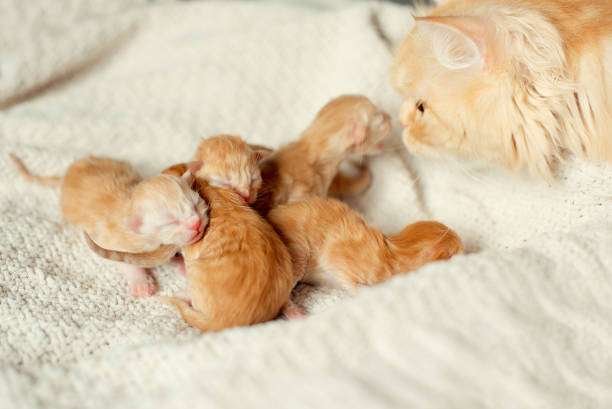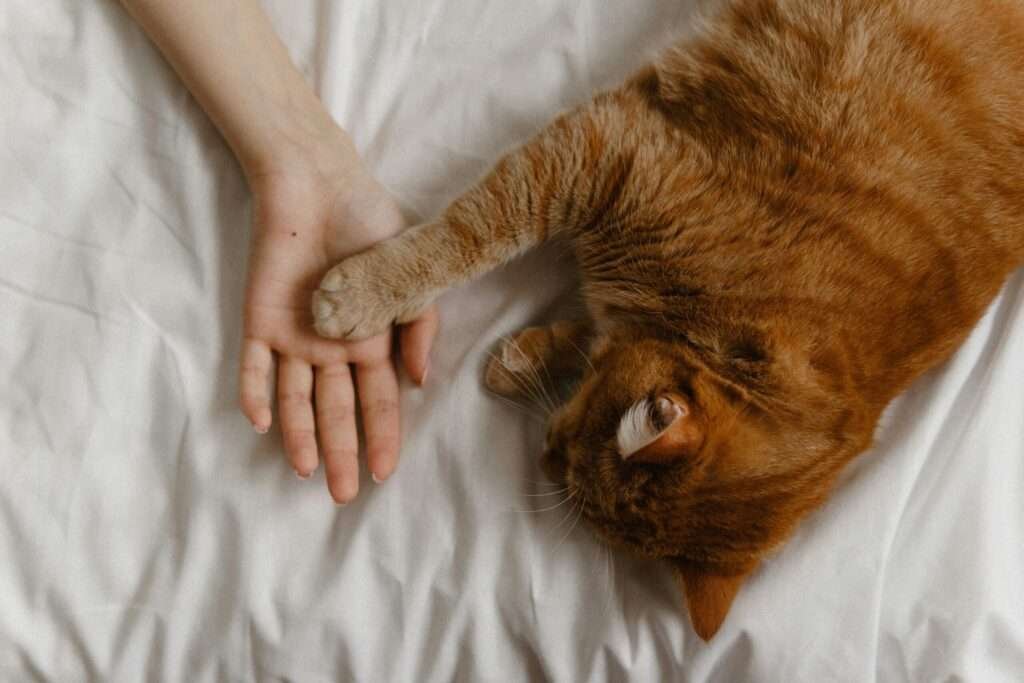Table of Contents
ToggleHey, fellow cat lovers! Today, I want to talk about something very important – preventive health care for our cats. I know we all want our furry friends to live long, happy lives and the best way to ensure that is to focus on prevention. It may sound fancy, but preventive care means taking steps to avoid problems before they happen. Think of it as proactive rather than reactive when it comes to our cats’ health. So, let’s go through some essential things we can do to keep our cats in tip-top shape!
Regular Veterinary Visits: The First Line of Defense
First things first: regular vet visits are a must! I know, taking a cat to the vet can be quite an adventure, especially if they hate their carrier like my Aurora. But it’s really important. At least once a year, get your cat to the vet for a check-up. And if your kitty is older, you might want to do it more often. During these visits, the vet checks everything—ears, eyes, teeth, weight, and overall health. It’s like a full-body MOT for your car, but way more important!
Why is this so important? Well, vets can spot little issues before they become big problems. Things like weight changes, hidden infections, or even early signs of conditions like diabetes or kidney disease. For older cats, regular visits can help catch things like hyperthyroidism or arthritis early on, making it easier to manage.
Vaccinations: A Simple Step to Protect Your Cat
Now, let’s chat about vaccinations. Even if your cat is like mine and never sets a paw outside, vaccines are still necessary. There are core vaccines that all cats need. These include ones for rabies, feline distemper, and respiratory viruses like herpesvirus and calicivirus.
I used to think, “My cat doesn’t go outside, so do I really need this?” But yes! You never know what might happen. Aurora could slip out the door, or I could accidentally bring something inside on my shoes. It’s always better to be safe than sorry. So, talk to your vet about what vaccines your cat needs and when they need them.
Keeping Parasites at Bay: Fleas, Ticks, and Worms, Oh My!
parasites. Just thinking about them makes me itch! Flea, ticks, and worms can make our cats miserable. Fleas can cause itching and even anemia. Ticks are gross and can carry nasty diseases. And worms? Well, they can cause all kinds of problems like weight loss and stomach problems.
What can I do to prevent them? I routinely use vet-recommended flea and tick repellants, even for indoor cats like Aurora. I confirm her deworming periodically. If your cat is an outdoor adventurer or a bit of a hunter, this warning is even more important!
Good Nutrition and Weight Management: Eating for Health
Now, let’s move on to something we all think about every day—food! Our cats need a good diet to stay healthy. Cats are obligate carnivores, which means they need a diet rich in animal protein. I always try to choose high-quality cat food with the right balance of protein, fat, and vitamins.
A word of caution: Overfeeding can lead to obesity, which is very common, especially among indoor cats. I’ve been there, with Aurora gaining a bit too much weight at one point. So, I measure her food portions carefully and make sure she gets plenty of playtime to stay active.
If you have a senior kitty, remember their dietary needs might change. They may need foods that are low in calories or high in fiber. So, keep an eye on what they eat and adjust as needed!
Dental Care: More Than Just a Beautiful Smile
Well, here’s something we often forget – dental care! Cats can develop dental diseases such as gingivitis or periodontal disease if we do not pay attention. I admit, brushing a cat’s teeth sounds like a nightmare, but it’s worth a try. There are cat-specific toothbrushes and toothpastes.
Other options: If brushing seems impossible (and trust me, I’ve had it), you can use dental treats and toys that help reduce tartar build-up. Also, keep an eye out for bad breath or loose stools, as these can be signs of dental problems that require a veterinarian’s attention.
Grooming: Not Just for Looks
Grooming is another key part of keeping our cats healthy. Regular brushing helps prevent hairballs and keeps their coat clean. It’s especially important for long-haired cats who can get mats. Plus, it’s a great way to bond with your cat and check for any unusual lumps or bumps.
Tips for Grooming:
Brush regularly to keep their coat shiny and healthy.
Check their ears, eyes, and paws for any signs of infection or irritation.
If your cat doesn’t groom as much anymore, it could be a sign of arthritis or other health problems, so a vet visit might be needed.
Keeping Their Minds Sharp: Enrichment and Mental Health
Just like us, cats need mental stimulation to stay happy and healthy. If your cat is bored or stressed, they might start showing behavior issues like scratching furniture or peeing outside the litter box. That’s why it’s so important to create an enriching environment.
Here’s what works for Aurora: I have a couple of scratching posts, some interactive toys, and even a window perch where she can watch birds and squirrels. She loves it! Enrichment doesn’t have to be complicated—sometimes, a simple cardboard box can be a big hit.
Behavioral Resistance: Nipping Problems in the Bud
Speaking of behavior, let’s talk about common behavioral problems. For example, inappropriate urination can be caused by stress, dirty litter boxes, or not having enough litter boxes in a multi-cat household. Make sure you have a litter box and an extra cat and keep them clean.
Another tip: Pay attention to any changes in behavior. Is your cat hiding more? Over-grooming? These can be symptoms of stress or illness. Address them early, and if you’re unsure, consult your vet.
Special Care for Senior Cats
Senior cats need a little more attention. As they age, they may develop health problems such as arthritis, diabetes, or kidney problems. As Aurora gets older, I am extra careful about her diet and take her for regular check-ups to catch early signs of problems.
What to do for older cats:
Regular vet visits with blood tests to catch problems early.
Special diets for conditions like kidney disease.
Supplements for joint health to help with arthritis.
Final Thought
Taking care of our cats’ health isn’t just about fixing problems—it’s about preventing them in the first place. Regular vet visits, good nutrition, grooming, vaccinations, and parasite control all play a big role in keeping our cats healthy and happy. And don’t forget the emotional and behavioral aspects as well. With a little effort and care, we can ensure that our furry friends live their best lives!
frequently asked questions:
How often should I take my cat to the vet?
At least once a year, but more often if they are elderly or have health problems.
Do indoor cats need vaccinations?
Yes, indoor cats still need core vaccinations to protect against diseases they may be exposed to.
How can I prevent fleas and ticks on my cat?
Use vet-recommended flea and tick repellants, even for indoor cats.
What is the best food for my cat?
A high-quality diet rich in animal protein is ideal for cats, as they are obligate carnivores.
How can I maintain my cat’s dental health?
Regular tooth brushing, dental treats, and vet check-ups help maintain good dental health.
What signs indicate my cat might have a health issue?
Changes in behavior, eating habits, weight, or litter box use can signal health problems.
How can I keep my cat mentally stimulated?
Provide toys, scratching posts and window perches for emotional enrichment and engagement.
What should I do if my cat is gaining weight?
Monitor food portions, encourage playtime, and consult your veterinarian for dietary advice.
Why is grooming important for cats?
Grooming prevents hairballs, mats, and helps you check for lumps or skin issues.
How can I support my senior cat’s health?
Regular vet visits, a tailored diet, and supplements for joint health are key for senior cats.
What do I do if I need
treatment?
You can visit our another clinic ” New Rabson Care “




